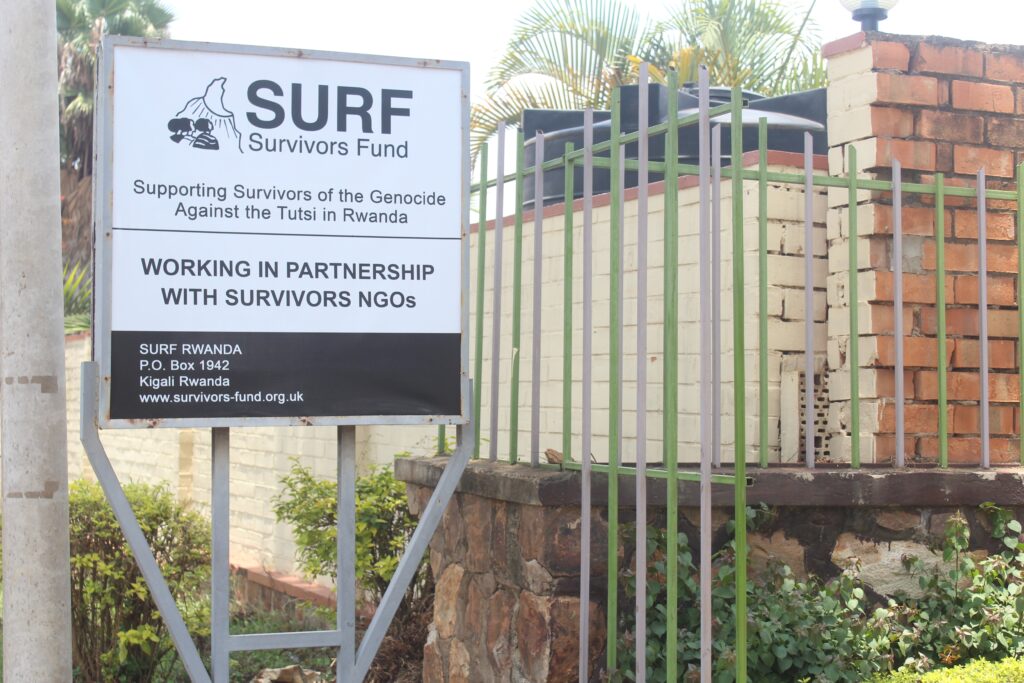
This is one of a series of extracts of questions and answers from An interview with Samuel Munderere and David Russell of Survivors Fund (SURF) on reparative justice for survivors of the 1994 Genocide against the Tutsi in Rwanda published in a Special Issue of Peace Review, a journal of social justice, to mark the 30th Anniversary of the Genocide against the Tutsi in Rwanda.
Could you explain the unique challenges women survivors of the Rwandan genocide face and how grassroot organizations led by women survivors partner with SURF to address their needs and advance reparative justice for women?
Women survivors of the Rwandan genocide face unique challenges stemming from their gender, experiences of sexual violence, loss of family members, and societal discrimination. These challenges include trauma-related mental health issues, economic instability, social stigmatisation, and barriers to accessing justice and support services. Grassroots organisations led by women survivors, such as AVEGA Agahozo, play a crucial role in addressing these needs and advancing reparative justice for women.
AVEGA, in partnership with Survivors Fund (SURF), provides a range of services tailored to the specific needs of women survivors. These include psychosocial support, trauma counselling, economic empowerment initiatives, legal assistance, and advocacy for women’s rights. By offering survivor-led support groups and safe spaces, AVEGA creates a supportive community where women can share their experiences, heal from trauma, and rebuild their lives.
Additionally, AVEGA engages in advocacy efforts to raise awareness about the unique challenges faced by women survivors and to promote gender-sensitive policies and programmes. By amplifying the voices of women survivors and advocating for their rights, AVEGA contributes to the broader movement for gender equality and reparative justice in Rwanda. Through its partnership with AVEGA and similar grassroots organizations, SURF facilitates capacity building, resource mobilization, and networking opportunities to strengthen their impact and sustainability. By empowering women survivors to lead and participate in their own recovery and advocacy efforts, grassroots organisations like AVEGA contribute to the realisation of justice, healing, and empowerment for women survivors of the Genocide against the Tutsi in Rwanda.
